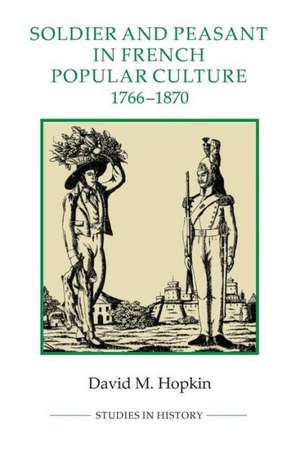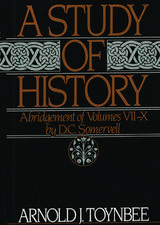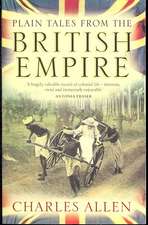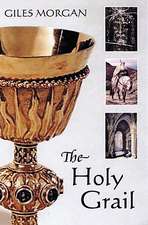Soldier and Peasant in French Popular Culture, 1766–1870: Royal Historical Society Studies in History New Series
Autor David M. Hopkinen Limba Engleză Paperback – 14 aug 2013
WINNER OF THE 2002 RHS GLADSTONE PRIZE.
David M. Hopkin is tutor and fellow in history at Hertford College, Oxford University.
Din seria Royal Historical Society Studies in History New Series
-
 Preț: 203.95 lei
Preț: 203.95 lei -
 Preț: 212.04 lei
Preț: 212.04 lei -
 Preț: 203.24 lei
Preț: 203.24 lei -
 Preț: 274.20 lei
Preț: 274.20 lei -
 Preț: 204.47 lei
Preț: 204.47 lei -
 Preț: 220.38 lei
Preț: 220.38 lei -
 Preț: 203.71 lei
Preț: 203.71 lei -
 Preț: 272.88 lei
Preț: 272.88 lei -
 Preț: 282.19 lei
Preț: 282.19 lei - 5%
 Preț: 260.33 lei
Preț: 260.33 lei - 19%
 Preț: 644.57 lei
Preț: 644.57 lei - 19%
 Preț: 674.86 lei
Preț: 674.86 lei - 19%
 Preț: 676.70 lei
Preț: 676.70 lei -
 Preț: 272.51 lei
Preț: 272.51 lei -
 Preț: 291.49 lei
Preț: 291.49 lei -
 Preț: 282.19 lei
Preț: 282.19 lei - 19%
 Preț: 646.91 lei
Preț: 646.91 lei - 19%
 Preț: 675.91 lei
Preț: 675.91 lei - 19%
 Preț: 645.36 lei
Preț: 645.36 lei -
 Preț: 272.66 lei
Preț: 272.66 lei - 19%
 Preț: 677.93 lei
Preț: 677.93 lei - 19%
 Preț: 567.04 lei
Preț: 567.04 lei - 19%
 Preț: 645.98 lei
Preț: 645.98 lei - 19%
 Preț: 677.01 lei
Preț: 677.01 lei - 23%
 Preț: 729.45 lei
Preț: 729.45 lei -
 Preț: 272.66 lei
Preț: 272.66 lei - 19%
 Preț: 645.36 lei
Preț: 645.36 lei -
 Preț: 273.65 lei
Preț: 273.65 lei -
 Preț: 274.58 lei
Preț: 274.58 lei - 19%
 Preț: 675.47 lei
Preț: 675.47 lei -
 Preț: 270.75 lei
Preț: 270.75 lei -
 Preț: 272.88 lei
Preț: 272.88 lei - 19%
 Preț: 691.51 lei
Preț: 691.51 lei - 19%
 Preț: 559.09 lei
Preț: 559.09 lei -
 Preț: 294.20 lei
Preț: 294.20 lei -
 Preț: 276.33 lei
Preț: 276.33 lei -
 Preț: 274.03 lei
Preț: 274.03 lei - 19%
 Preț: 678.25 lei
Preț: 678.25 lei -
 Preț: 271.70 lei
Preț: 271.70 lei -
 Preț: 275.77 lei
Preț: 275.77 lei -
 Preț: 273.65 lei
Preț: 273.65 lei - 23%
 Preț: 724.84 lei
Preț: 724.84 lei -
 Preț: 282.40 lei
Preț: 282.40 lei - 19%
 Preț: 558.47 lei
Preț: 558.47 lei
Preț: 290.29 lei
Nou
Puncte Express: 435
Preț estimativ în valută:
55.55€ • 58.15$ • 45.96£
55.55€ • 58.15$ • 45.96£
Carte tipărită la comandă
Livrare economică 05-19 aprilie
Preluare comenzi: 021 569.72.76
Specificații
ISBN-13: 9781843838432
ISBN-10: 1843838435
Pagini: 408
Dimensiuni: 155 x 233 x 24 mm
Greutate: 0.57 kg
Editura: BOYDELL PRESS
Seria Royal Historical Society Studies in History New Series
ISBN-10: 1843838435
Pagini: 408
Dimensiuni: 155 x 233 x 24 mm
Greutate: 0.57 kg
Editura: BOYDELL PRESS
Seria Royal Historical Society Studies in History New Series
Notă biografică
David M. Hopkin
Cuprins
Introduction Images of the soldier The soldier's tale Conscripts and volunteers The serving soldier: friend and foe The veteran Conclusion: "two races of men"?











